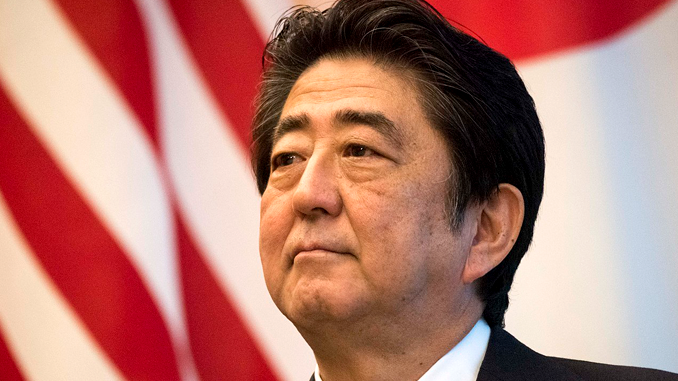
In the latest sign of growing disfavor between South Korea and Japan, Japan has initiated a trade war. On July 1st, Japanese Prime Minister Shinzo Abe announced that exports of three specific items would no longer be “whitelisted” for South Korea. “Whitelisting” is, in this case, allowing export approval for items to be granted in batch lots as opposed to on an individual basis.
The direct result is that, while exports are still allowed and no tariffs are put in place, the supply chain is slowed dramatically, hurting orders and businesses dependent on the fast transfer of material.
The three items being restricted, per the Nikkei Asian Review, are fluorinated polyimides, resists for semiconductor production, and hydrogen flouride. The polyimides are used for LED display production, and HF gas is used for making microchips..
Japan controls most of the markets for these products. By placing the restrictions, an attack is being made directly at the high-tech electronics market which is a key element of South Korea’s economy.
The action is widely seen as being taken in response to South Korean seizure of Japanese business assets, which has been allowed by South Korean courts in response to forced labor during World War II. The first of these asset seizures came in January, as reported by the AP.
Japan asserts that its obligations to South Korea have been fulfilled by the millions of dollars and technology aid it pumped into the country’s economy after the Korean War, which transformed the primarily agrarian nation into a world economic powerhouse. South Korea’s position is that, while that was helpful to the country as a whole, it did not necessarily benefit the individuals who were exploited and those people deserve direct compensation.
The greatest beneficiary of the dispute is likely to be China. Japan’s efforts to slow South Korea’s supply chain will encourage South Korea to look elsewhere for supplies, if only to have alternatives in case Japan further restricts exports. Simultaneously, the manufacturing slowdown which has been triggered by the policy change has forced some electronics purchasers to choose Chinese products over South Korean ones, to ensure on-time delivery.
South Korea is warning that they will file a case with the World Trade Organization over Japan’s actions, even as Japan is filing a case against South Korea with the International Court of Justice over the asset seizures. The result has been heightened tensions between the two countries, including, as reported by the Japan Times, a “boycott Japan” movement in South Korea.
South Korea and Japan have a history of disputes leading back centuries, but they are both American allies and they have been fairly strong allies to each other over the last sixty years. Especially at a time when China is acting aggressively with expansionist tactics and North Korea is a nuclear threat, the United States should be visibly working to relieve tensions. We are not, and that risks destabilizing or even ceding to China a region which has been a major factor in American economic power.

1 Trackback / Pingback
Comments are closed.